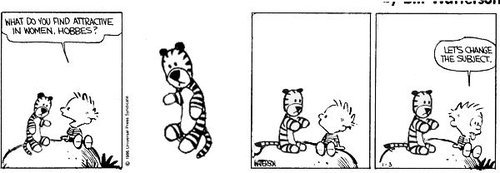Some news is tweetworthy and some is bloggable but the Live train map for the London Underground is definitely both!
Its a map that shows all trains on the London Underground network in approximately real time. How does it work
Live departure data is fetched from the TfL API, and then it does a bit of maths and magic. It’s surprisingly okay given this was done in only a few hours at Science Hackday and the many naming/location issues encountered, some unresolved. A small number of stations are misplaced or missing; occasional trains behave oddly; some H&C stations are missing in the TfL feed.
This is a beautiful example of the strength of open data. Its created by Matthew Somerville (with helpful hinderances from Frances Berriman and James Aylett). The Source code is available.

This is a static shot. But look at it live. Its a work of art… hypnotic!



